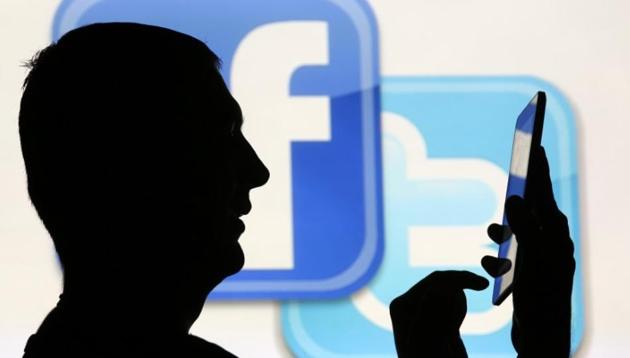Has technology enabled isolationist and sectarian worldviews around the world?
The past decade has also seen several countries suffering an outright reversal of their democratic gains from the nineties, by reverting back to authoritarian regimes; besides populists and nationalists gaining strongholds among majority of the established democracies
A surge of democratisation resulted in the number of electoral democracies increasing from 45 in early seventies to 120 by the late nineties. Since then, increased internet penetration and the advent of social media have further revolutionised means of communication, heightened transparency during information dissemination, networked billions across the world dissolving geographic boundaries, and have enhanced avenues of economic collaboration; thereby creating an ideal environment for a world with an equitable globally participatory democracy.

However, for an unprecedented 11th straight year, Freedom House, an organisation that quantitatively measures rights across the world has found that every single region across the world experienced a democratic recession, with 67 countries suffering net declines in political and civil liberties in 2016, compared with 36 that had gains. The past decade has also seen several countries suffering an outright reversal of their democratic gains from the nineties, by reverting back to authoritarian regimes; besides populists and nationalists gaining strongholds among majority of the established democracies.
Ironically, innovative technologies of our times have played a larger than imagined role in the creation of this political landscape.
Breakthroughs in artificial intelligence, robotics, 3D printing, and driverless automobiles have systematically replaced high volume, lower skilled jobs, the ones that aided in the upward socio-economic mobility of the lower and middle income classes, replacing them with far fewer, higher skilled, higher income jobs, thereby creating high levels of unemployment, previously unseen inequalities, and mass public dissatisfaction.
India is a case in point, with the previous year’s data from the labour bureau stating that employment generation in the top eight formal sectors stood at a meager 1.35 lakhs, against a backdrop of almost 1.5 crore annually entering the job market. This can shut down the mobility aspirations of the vast majority into the middle class. A recent research paper by economists Thomas Piketty and Lucas Chancel shows that our income inequality has reached the highest levels since the British Indian days of 1922.
Social media platforms and big data driven personalised messaging campaigns have been, in recent years, effectively used by all the major opposition parties worldwide, many of them relying on strong populist and nationalistic rhetoric, to appeal to this unsatisfied electorate majority, disillusioned with incumbent governments.
These parties however seem more adept in campaigning than in governing, with all of them without exception rapidly losing their popularity post their electoral victories. Many of these governments started considering the weakening or removal of checks, balances, and institutions intended to curb the abuse of their political clout as an easier alternative for retaining power, than meeting the expectation of their electorate, as noted in the Freedom House report.
Their isolationist and sectarian worldviews, revolving around parochial national interests are counterproductive in resolving the major concerns of these times, ranging from trade and security to climate change and sustainability; all requiring transnational co-operation.
The few standing liberal democracies must collaborate to create and propagate policies of market friendly, redistributive economics and social inclusiveness, befitting our disruptive technology driven era, to once again kick-start a cycle of equitable economic growth. They must set an example for the rest of the democratic world to help find a way out of this constrained political cycle.
Anil K. Antony is the executive director of Cyber India and vice president of Navoothan Foundation
The views expressed are personal





